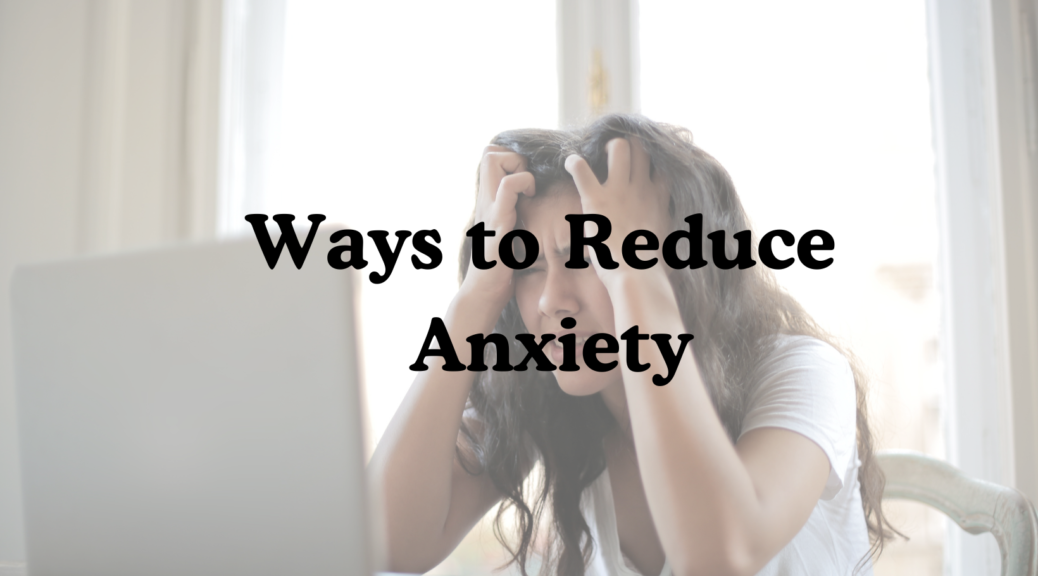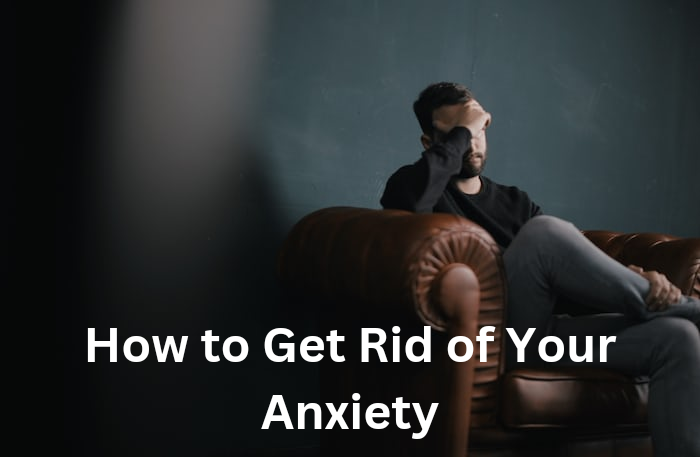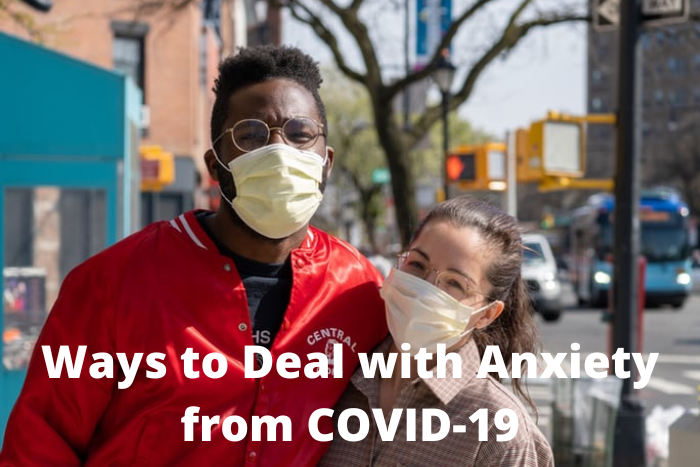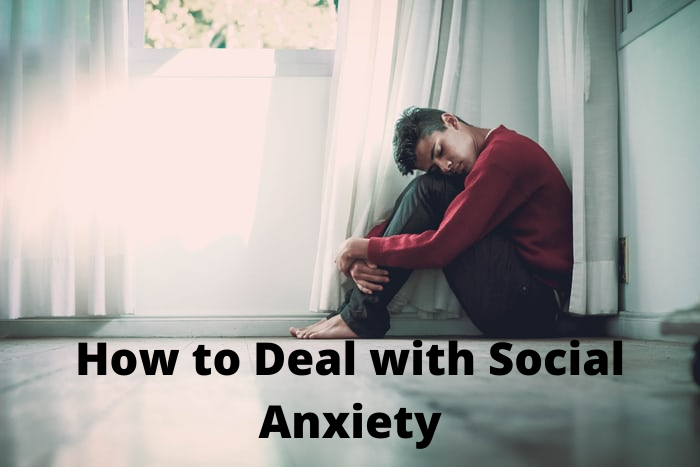Anxiety is a feeling of worry, nervousness, or unease about everyday situations, especially about something with an uncertain outcome.
It’s a normal response to stress, but if it becomes overwhelming or interferes with daily life, it’s important to find ways to manage it.
Best Ways to Reduce Anxiety
Here are some effective strategies for reducing anxiety:
Deep Breathing Exercises
Deep breathing exercises are a simple and effective way to reduce anxiety. Your breathing may become shallow and rapid when you’re feeling anxious. By taking deep, slow breaths, you can help calm your mind and body. To do this, find a quiet place to sit or lie down and take a deep breath through your nose, filling your lungs with air. Then hold your breath for a few seconds and exhale slowly through your mouth. Repeat this process a few more times until you feel more relaxed.
Meditation
Meditation involves focusing your attention on the present moment, which can help reduce anxiety. Mindfulness meditation is a type of meditation that involves paying attention to your thoughts, feelings, and bodily sensations without judgment. Guided meditations or meditation apps can help you get started with a regular meditation practice. Meditation can help you become more aware of your thoughts and feelings, which can help you better manage them.
Exercise
Regular exercise is an effective way to reduce anxiety. Exercise releases endorphins, which are natural mood boosters. Exercise can also help you feel more confident and reduce stress, even if it’s a short walk or yoga session.
Practice Self-Care
It’s important to take care of yourself if you want to manage anxiety. This includes getting enough sleep, eating a healthy diet, and engaging in activities that you enjoy. You’ll feel more relaxed and less stressed if you take time for yourself, such as by taking a bubble bath, reading a book, or going for a walk. However, make sure you find activities that can help you feel calm and relaxed and make time for them regularly.
Seek Support
Talking to a trusted friend, family member, or therapist can provide emotional support and help you manage your anxiety. Therapy can help you learn coping strategies for managing anxiety and other mental health issues. Support groups can also provide a sense of community and help you feel less alone in your struggles. Don’t be afraid to reach out and seek help when you need it.
In conclusion, there are many effective ways to reduce anxiety, including deep breathing exercises, meditation, exercise, self-care, and seeking support. But remember to be patient and persistent as you find what works best for you as you try out some of these strategies.
How CCHC Can Help
The Center for Connection, Healing, and Change takes an interdisciplinary approach, interweaving psychotherapy and neuroscience with the timeless wisdom of mindfulness and meditation.
We promote connection, healing, and change in the following areas: couple and family relationships, substance use and processing addictions, depression and/or anxiety, self-worth and identity, sexual life, baby bonding and communication, attachment, experiences of trauma, abuse, and PTSD, childhood experiences and family of origin work, chronic pain and physical illness, military life, parenting, stress management and resilience building, emotional regulation and wellbeing, anger management, spiritual life, behavioral issues, and sexuality.
Our therapists work with couples, children, teens, families, and adults—all from a systemic and holistic perspective.
We are particularly committed to providing services grounded in trauma-informed care, somatic and body-based approaches, and attachment-focused ways of working.
Schedule a free consultation with us today, or visit our offices in Woodbridge or Fairfax.








